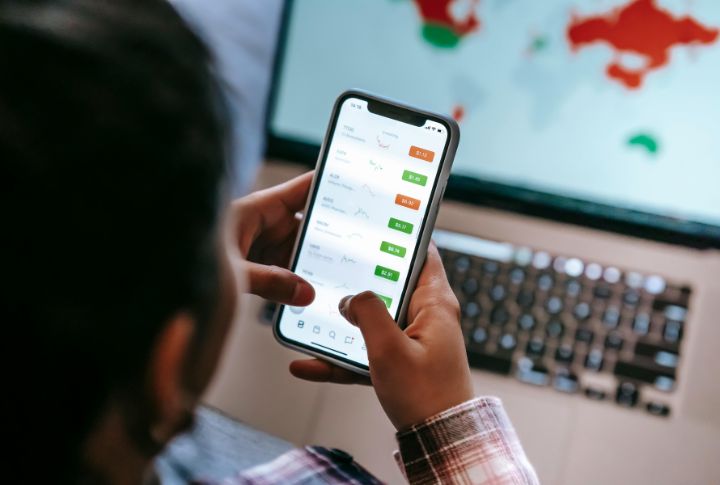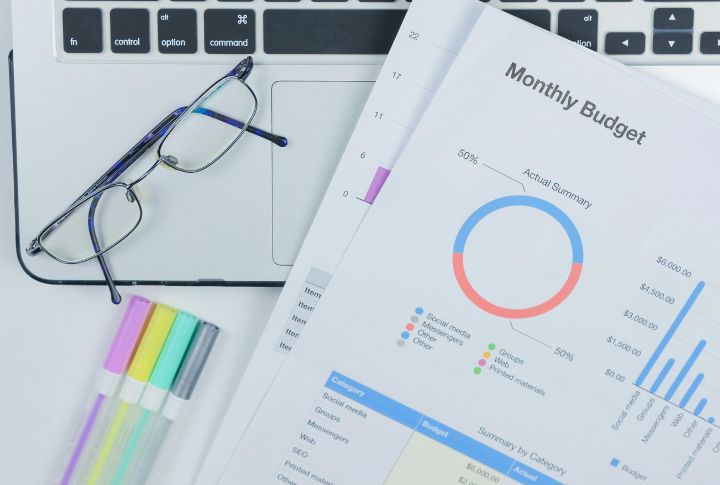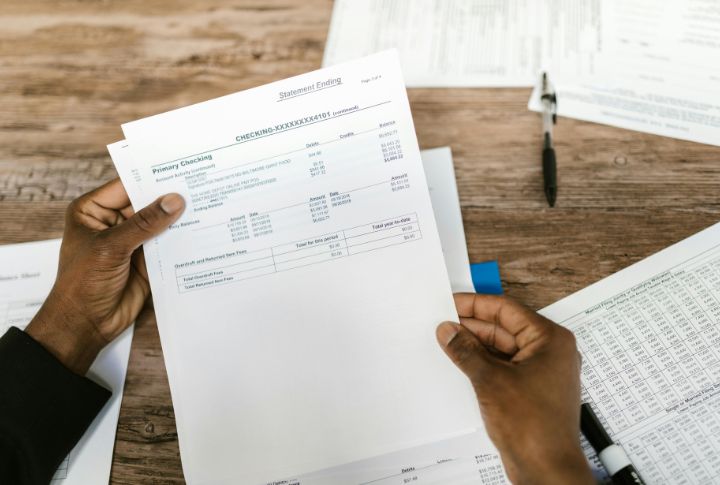
Your checking account might feel safe, but it could be quietly draining your financial potential. When too much cash sits idle, you miss out on smarter ways to grow, protect, or even simplify your money. Most people don’t realize how small habits can stall big progress. Check out what your balance might be hiding and why a quick rethink could change everything.
Frequent Large Purchases Without Concern

You make big purchases without ever needing to look at your balance. That ability to buy whatever you want, whenever you want, sounds good, yet it’s a red flag. It shows a huge pile of cash is just sitting there. Excess funds should be earning returns, not acting as a slush fund for instant spending.
High Bill Payments Without Budgeting

You pay every bill the moment it arrives without checking your balance first. Rent, utilities, luxury purchases—nothing requires planning or hesitation. The numbers don’t matter because there’s always more than enough sitting there. Budgeting feels pointless when money never runs out before the month’s end.
Multiple Automatic Transfers Unnecessary

If you’ve set up several small transfers just to “do something” with your money, it may signal excess cash needing direction. Truly strategic finances rely on fewer, purposeful moves—like routing surplus funds into high-yield savings or investments, not constant reshuffling.
Letting Budget Apps Go Unused

When your balance feels “safe,” it’s easy to skip using budgeting tools or financial trackers. But neglecting these resources means missing insights into spending patterns, savings opportunities, and smarter cash flow strategies that could turn idle money into active growth.
Ignoring Discounts Or Deals

The drive to find savings fades entirely once a checking account holds way too much money. Smart money habits involve looking for deals, but comfort kills that motivation fast. People end up paying full price and forget that each dollar saved could be one dollar invested for the future.
High Tolerance For Bank Fees

It’s astonishing how little concern a person develops for bank fees if their balance is consistently massive. Smaller accounts worry about maintenance charges, though big balances just absorb them. Those overlooked costs add up, eventually turning your financial ease into quiet complacency.
No Concern For Minimum Balances

Account holders with excessive funds pay no attention to minimum balance requirements. They naturally maintain sums many times larger than the threshold simply by accident. Ignoring the required floor is a plain sign that the checking account has become a lazy holding cell for cash that needs a more challenging assignment.
Regularly Covering Others’ Expenses

A large, readily available checking balance naturally provides extreme financial flexibility. This easy access creates a distinct habit: routinely picking up the tab for friends and family without a second thought. Generosity is fine, but those extra funds could be put to work for your own future security instead.
Neglecting Savings Goals Temporarily

A bloated checking account can lull you into delaying contributions to long-term goals. That false sense of security makes saving feel optional, even though time is your most valuable asset. Idle cash today means missed compounding tomorrow.
Financial Anxiety Hides In Plain Sight

Financial anxiety often hides behind a high balance. Too much idle cash can trigger indecision, fear of missed opportunities, or guilt over not investing wisely. Instead of peace of mind, it breeds quiet stress and financial stagnation.
